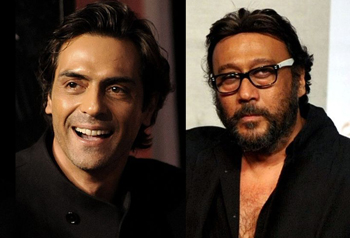Bengaluru, Feb 5: The Karnataka government on Tuesday launched the Janasevaka scheme in a few municipal corporation wards to ensure home delivery of various services like ration cards, senior citizen identity and health cards.
The scheme, which was launched by Chief Minister B S Yediyurappa, will pertain to 53 services involving 11 departments.
"Janasevaka under the Sakala scheme is a programme to avail the benefits of government schemes at the doorstep. Our objective is to make the lives of the citizens of Karnataka easy by launching this scheme," the Chief Minister said. Sakala aims to ensure in-time delivery of government services to citizens by practising innovative and efficient management systems through capacity building in government and empowering citizens to exercise their right to service.
Minister for Sakala and Primary and Secondary Education S Suresh Kumar said: "The scheme that was implemented in Dasarahalli area on a pilot basis will now be extended to Mahadevapura, Bommanahalli and Rajajinagar areas."
He added that it will benefit the senior citizens of the city.
If the scheme works well, it will be implemented across Bengaluru in all the 27 assembly segments, Kumar said, adding that based on the experiment in Bengaluru, it will be extended to Mysuru, Mangaluru and Hubballi-Dharwad.
Under the scheme, there will be one volunteer in each ward. These volunteers have been outsourced. A toll-free helpline has been set up for this scheme which will work from 8 am to 8 pm.
A sum of Rs 115 will be charged to provide the home delivery services.
In addition to it, the Karnataka government has also decided to seek information under the RTI Act easy by making it online.
People can apply from home by paying the fee online. This will make the process hassle-free, the Chief Minister said.
 ABP News said that Shroff and Rampal will play a crucial role in campaigning in Uttar Pradesh in the run-up to the Assembly elections.
ABP News said that Shroff and Rampal will play a crucial role in campaigning in Uttar Pradesh in the run-up to the Assembly elections.



Comments
Jokers of Bollywood
Now They became 100% Nationalist, if at all they joined to AAP or Congress they might become Anti-National for sure!!! they scared of their future bread earning!!! poor actors
Not Corrupt they are blind bhakts
feeling so sorry fo them
Corrupt actors!
Add new comment